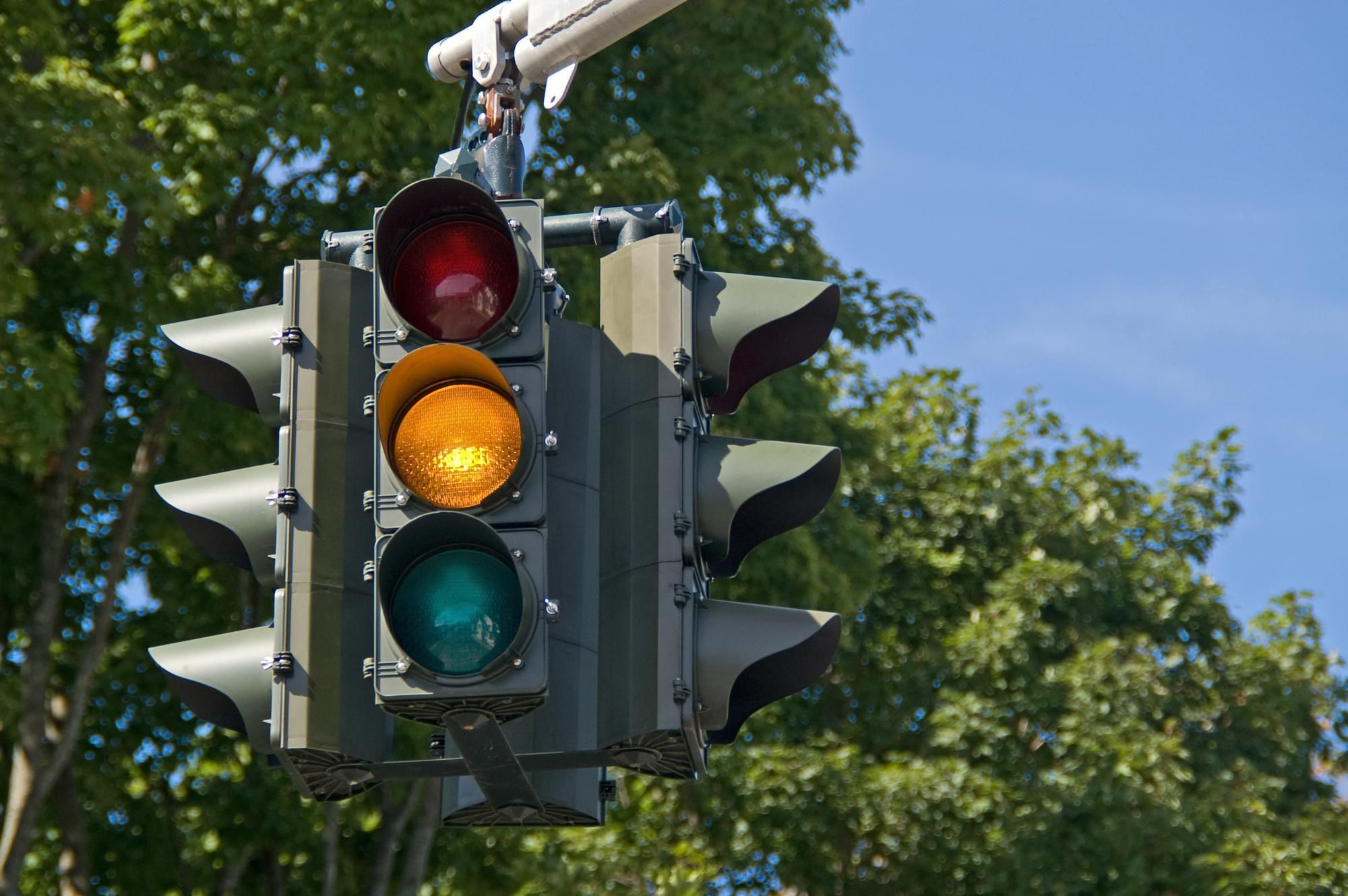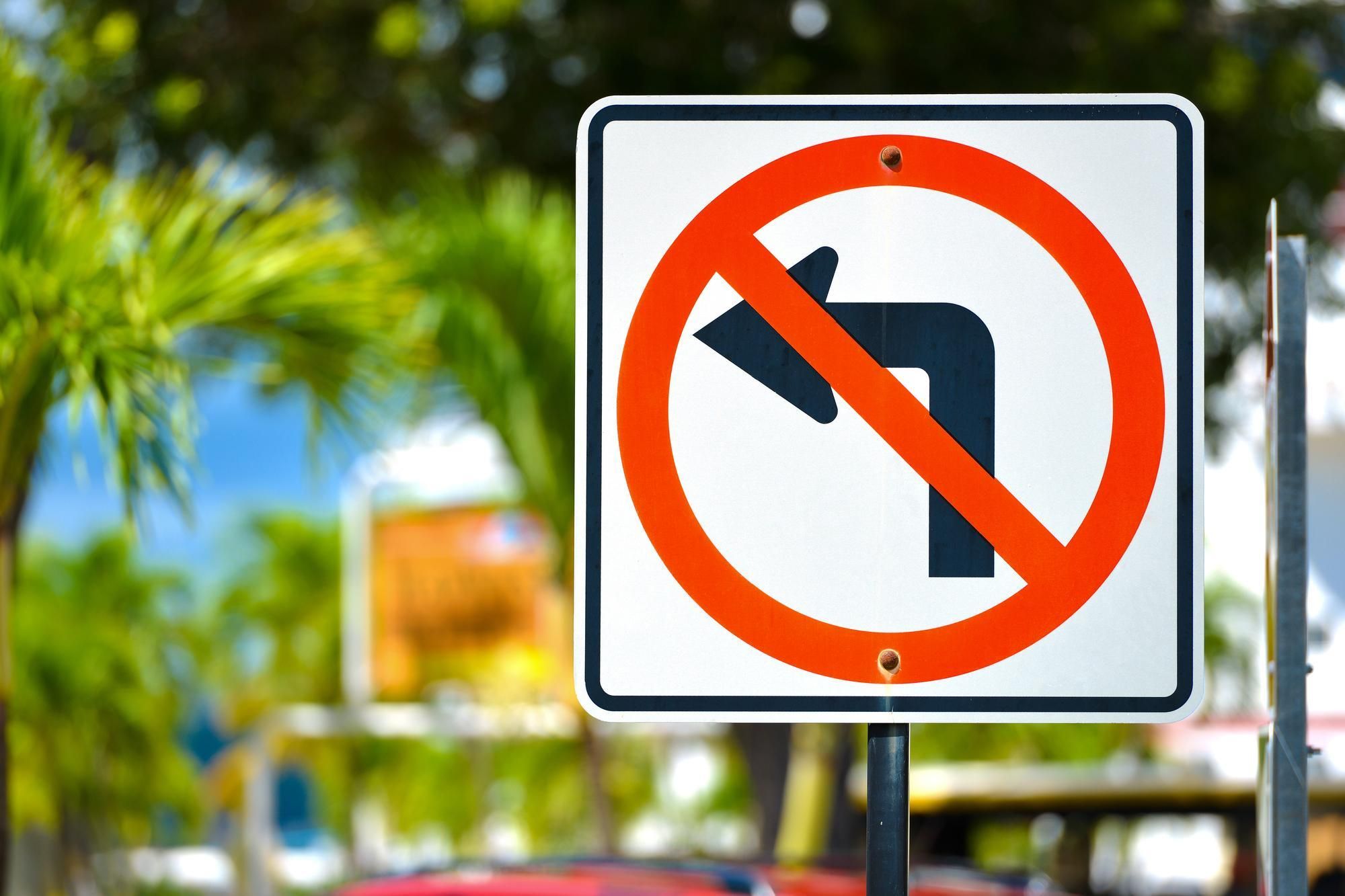Sleeping In Your Car? Learn How DUI Laws May Apply
Contrary to what people may think, an individual does not actually have to be driving a vehicle to be convicted of drunk driving in Virginia. That is why the police may arrest you for driving under the influence (DUI) if you were found sleeping in your car after consuming alcoholic beverages. Consider contacting an experienced traffic attorney at Driving Defense Law by calling (757) 929-0335 to learn more about DUI laws in Virginia and your legal options.
Driving Under the Influence in Virginia
Although people tend to assume that driving under the influence involves the act of driving, Virginia statutes do not require the vehicle to be in motion for DUI laws to apply. Under the Code of Virginia, it is against the law for any person to operate or drive any motor vehicle while under the influence of certain substances and alcohol. However, the terms operate and drive extend beyond the standard meaning of operating or driving an automobile.
In Virginia, an operator or driver is an individual who drives or is in physical control of an automobile. As a result, a police officer can arrest a person for DUI if the officer has reason to suspect the individual is under the influence of a controlled substance and the suspect is in the vehicle with the key in the ignition. This logic may apply even if the key is not in the ignition but is within reach, or if the individual has access to remote or push start options for vehicle operation. As long as the person can turn the vehicle on, under the state’s rules, that person is in control of the vehicle.
What if You Had No Intention of Driving?
There are several reasons why an individual may get into his or her car after drinking without planning to drive. For instance, the motorist may want to get in the vehicle to:
- Get warm
- Stay safe
- Check the time
- Charge his or her phone to call for a ride
However, even if the impaired individual had no intention of driving, a police officer can still arrest him or her for drunk driving. If you were found sleeping in your car and arrested, an attorney from Driving Defense Law may be able to explain DUI laws in Virginia and help you explore your legal rights.
What if You Fell Asleep in a Different Seat in the Car?
Although the laws mainly focus on the driver’s seat, the interpretation of physical control will usually depend on the circumstances of the incident and the discretion of the police officers involved. Consequently, if you fall asleep in the passenger seat, there is a possibility that you may still be charged for driving under the influence. However, this outcome will depend on numerous factors, including whether the officers believed you could still maneuver the motor vehicle.
How Do Police Officers Prove a Non-Driving DUI?
Even if you believe you are making the wise decision by sleeping in your car after drinking rather than driving home, it can still lead to stiff penalties and a lot of problems in the future. If you have been caught resting in your automobile while impaired, law enforcement could charge you with DUI. The officers will generally look for various factors to determine the charge, including the following:
- Whether you recently drove your vehicle before stopping to rest
- Whether you showed the intent to drive while intoxicated
- Whether you had physical control of the car and the ability to drive it
To prove these factors, police officers will look for the following evidence:
- The location of the keys
- Where the officers found you sleeping
- The warmth of the vehicle, as this can help them determine if the motor vehicle has been running or recently driven
Consequences of a DUI in Virginia
DUI convictions can have severe consequences in Virginia, including hefty fines, jail time, and license suspensions. A first-time DUI is a Class 1 misdemeanor, which is punishable by:
- Fines ranging from $250 to $2,500
- License suspension
- Jail time
- Alcohol education classes
- Probation
These penalties can increase substantially if the individual was arrested with a blood alcohol level of 0.15 or higher, or if they carry a record of previous DUI offenses. For instance, according to § 18.2-270 VA Stat., a third offense DUI is penalized as a felony crime, which has at least 90 days in jail and up to five years in prison. These crimes also include permanent revocation of a person’s driving privileges and other serious penalties.
What Could You Do If You Were Found Sleeping in Your Car?
While every case is different, there are some defenses that may be used if you have been arrested for sleeping in your motor vehicle in Virginia while under the influence. These defenses often involve arguing a lack of intent to drive the vehicle while only using the vehicle to rest. With these types of defenses, evidence is critical and may include proof of the person’s physical condition, the location of the key, and comments made by police officers.
Another possible strategy to fight a DUI charge is to examine the procedures followed by the officers during the arrest. This includes determining whether the police had a valid reason to approach the vehicle (probable cause) and whether the sobriety tests were properly administered. If the law enforcement officials infringed upon any constitutional rights during the arrest process, such as by conducting an unlawful search, it may be possible to have the evidence they obtained suppressed in court. To understand these defenses better or learn what legal options may be available, consider reviewing your case with an experienced Virginia DUI defense attorney.
Contact a Defense Attorney Today To Review Your Legal Options
If you were arrested for a DUI after the police found you sleeping in your car while impaired, remember that an arrest does not mean you are guilty. You may have legal options available to help you fight the DUI charges against you and keep your record clear. For more information regarding these options and to learn more about DUI laws in Virginia, consider contacting an experienced defense attorney from Driving Defense Law today by calling (757) 929-0335 to schedule your free case review.









